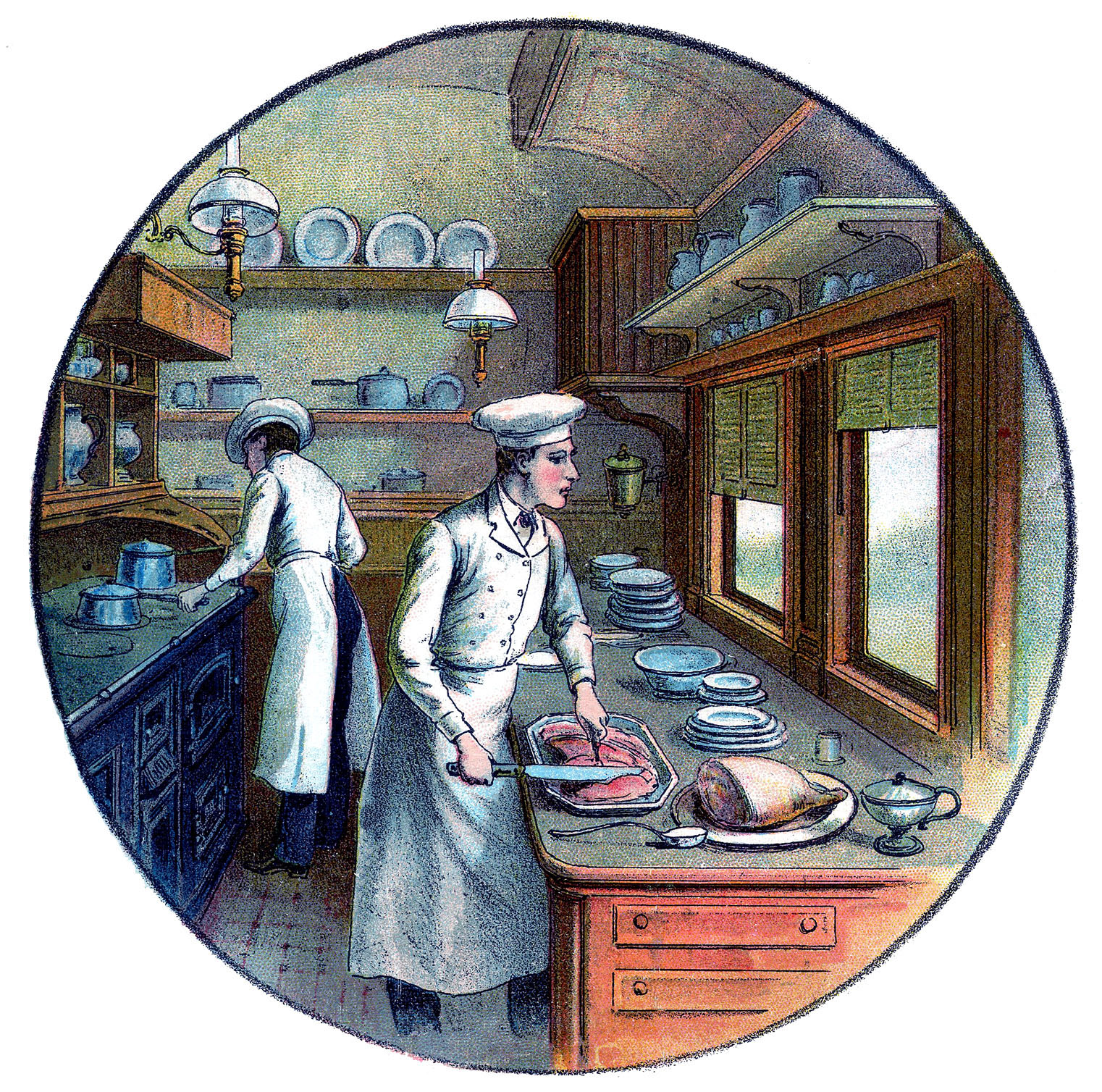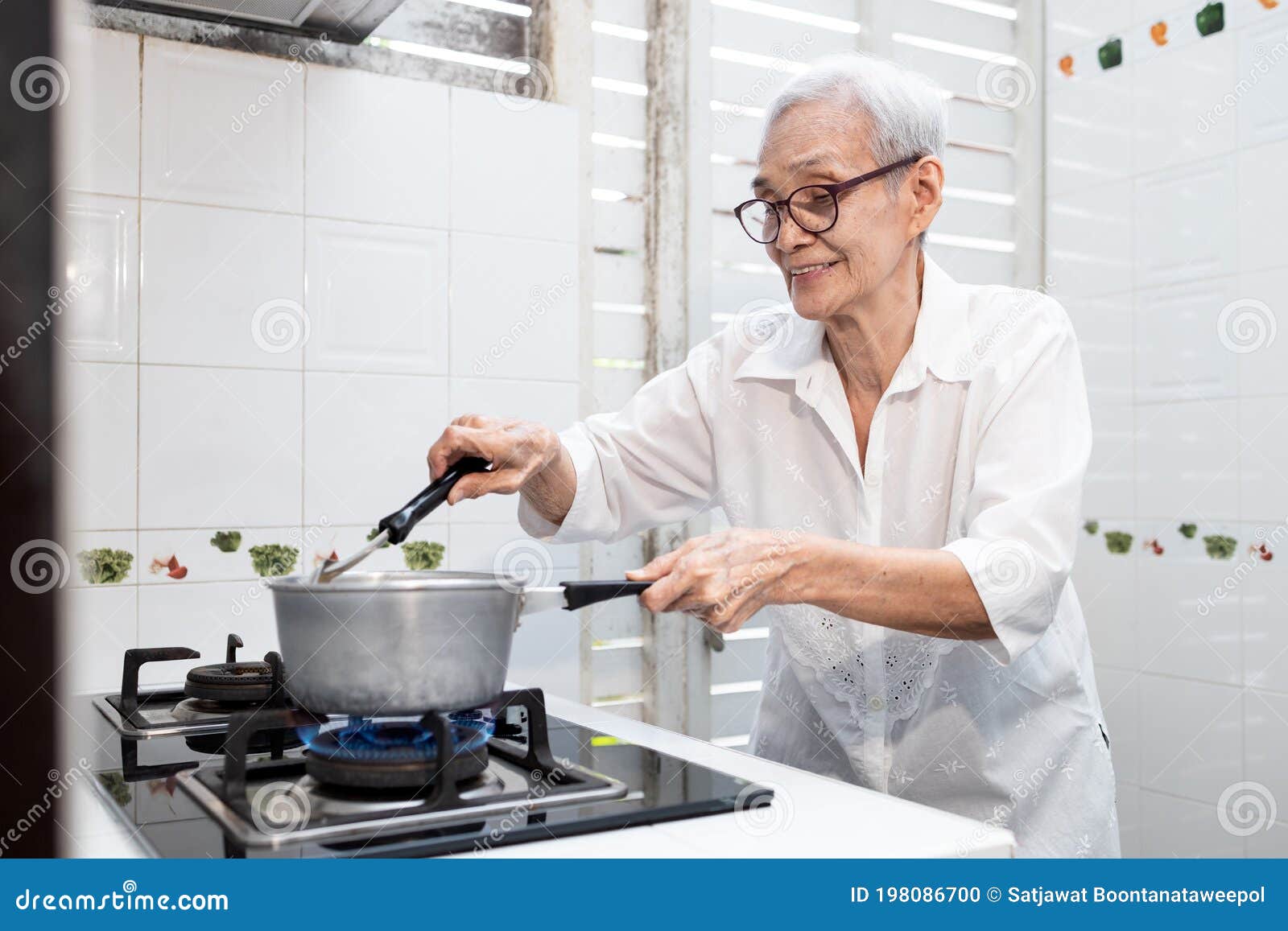How Old Is Cooking: A Journey Through Time
Ever wondered how old is cooking? Well, buckle up because we're diving deep into the history, evolution, and significance of cooking in human civilization. It's not just about heating food; it's a story that dates back thousands of years. Let's uncover the magic behind this age-old practice.
Cooking is more than just slapping some ingredients together and throwing them on the stove. It's a cultural phenomenon, a survival technique, and an art form all rolled into one. Understanding how old is cooking helps us appreciate the journey of humanity from raw beginnings to the culinary masterpieces we enjoy today.
From the first time someone dropped a hunk of meat into a fire to the Michelin-starred restaurants of today, the history of cooking is fascinating. This article will take you on a trip through time, exploring the origins, evolution, and impact of cooking on our lives. So, let's get started, shall we?
- Lays Peace Alles Ber Den Star Amp Die Erotikplattformen
- Entdecke Sprunki Pyramixed Mod Musik Magie Update
Table of Contents
- Origins of Cooking
- Prehistoric Cooking Methods
- Ancient Civilizations and Cooking
- Cooking in the Middle Ages
- The Renaissance of Culinary Arts
- Modern Cooking Innovations
- Impact of Cooking on Human Evolution
- Cultural Significance of Cooking
- Cooking and Health
- The Future of Cooking
Origins of Cooking
Let's rewind the clock and talk about where it all began. The question "how old is cooking" leads us back to the discovery of fire, one of the most pivotal moments in human history. Evidence suggests that our ancestors started cooking as early as 1.8 million years ago. Crazy, right?
Cooking with fire wasn't just about making food taste better. It was a game-changer for survival. Cooking made food easier to digest, unlocked nutrients, and reduced the risk of foodborne illnesses. This simple act of heating food over a flame played a crucial role in shaping human evolution.
First Evidence of Cooking
Archaeologists have found remnants of ancient hearths and charred bones that point to early cooking practices. These discoveries suggest that our early ancestors were experimenting with fire and food long before recorded history. The ability to cook set us apart from other species and paved the way for modern civilization.
- Filmy4wap Co Kostenlose Filme Die Risiken Des Piratendownloads
- Schreiben Lernen Neu Ist Das Wirklich So Einfach Die Lsung
Prehistoric Cooking Methods
Back in the day, our prehistoric pals didn't have fancy ovens or induction cooktops. They had to get creative with what they had. Early cooking methods included roasting, boiling, and even steaming using natural resources like hot stones and animal skins.
- Roasting over open flames
- Boiling in water-filled pits
- Steaming using heated stones
These methods might seem primitive, but they laid the foundation for the diverse cooking techniques we use today. The ingenuity of our ancestors is truly remarkable.
Ancient Civilizations and Cooking
As civilizations emerged, so did more sophisticated cooking practices. The Egyptians, Greeks, and Romans all contributed to the development of culinary arts. They introduced new ingredients, tools, and techniques that transformed the way people cooked and ate.
For example, the Romans were big fans of spices and sauces. They even had a fermented fish sauce called garum, which was the hot sauce of its time. Ancient civilizations also started experimenting with bread, pasta, and other staples that are still popular today.
Key Contributions by Ancient Civilizations
Here's a quick breakdown of what some ancient cultures brought to the table:
- Egyptians: Bread and beer
- Greeks: Olive oil and wine
- Romans: Sauces and spices
Each civilization added its own twist to the art of cooking, creating a rich tapestry of culinary traditions.
Cooking in the Middle Ages
Fast forward to the Middle Ages, and cooking had become an essential part of daily life. This period saw the rise of communal kitchens, where people gathered to prepare meals. The focus was on hearty, filling dishes that could sustain hardworking peasants and nobles alike.
Medieval cooks were skilled artisans who created elaborate feasts for the wealthy. They used spices imported from distant lands to add flavor and preserve food. Some of these spices, like cinnamon and nutmeg, were worth their weight in gold.
Medieval Cooking Techniques
Here are some of the techniques used during the Middle Ages:
- Baking in communal ovens
- Preserving food with salt and spices
- Creating elaborate pies and pastries
The Middle Ages were a time of experimentation and innovation in the kitchen, setting the stage for the culinary revolution to come.
The Renaissance of Culinary Arts
The Renaissance wasn't just about art and science; it was also a golden age for cooking. Chefs began to refine their techniques and explore new ingredients brought back from the Americas. Tomatoes, potatoes, and peppers were introduced to Europe, revolutionizing the way people ate.
During this period, cooking became a respected profession. Cookbooks were published, and culinary schools were established. The focus shifted from mere sustenance to creating works of art on the plate. This era marked the beginning of modern gastronomy.
Influential Figures in Renaissance Cooking
Some notable chefs and authors from this time include:
- Martino da Como: Known as the "Prince of Cooks"
- Giulio Cesare della Scala: Author of one of the first printed cookbooks
The Renaissance was a turning point in the history of cooking, elevating it to an art form worthy of admiration.
Modern Cooking Innovations
Fast forward to the 20th and 21st centuries, and cooking has reached new heights. Technological advancements have transformed the kitchen, making it easier and more efficient to prepare meals. From microwave ovens to sous vide machines, modern cooks have access to tools that would have seemed like magic to our ancestors.
Today's chefs are pushing the boundaries of culinary innovation, experimenting with molecular gastronomy and fusion cuisine. They're also focusing on sustainability and ethical sourcing, ensuring that the food we eat is good for both people and the planet.
Key Modern Cooking Trends
Here are some of the hottest trends in modern cooking:
- Molecular gastronomy
- Fusion cuisine
- Sustainable and ethical cooking
The future of cooking looks bright, with endless possibilities for creativity and innovation.
Impact of Cooking on Human Evolution
Now, let's talk about the big picture. How old is cooking? Well, it's old enough to have played a significant role in human evolution. Cooking made food more digestible, allowing our ancestors to extract more nutrients from their meals. This, in turn, contributed to the growth of the human brain and the development of complex societies.
Without cooking, we might still be chewing on raw meat and roots. The ability to cook food gave us the energy and nutrients needed to thrive as a species. It also brought people together, creating bonds over shared meals and traditions.
Key Benefits of Cooking
Cooking offers numerous benefits, including:
- Improved digestion
- Increased nutrient absorption
- Enhanced social connections
These benefits have had a lasting impact on human evolution, shaping who we are today.
Cultural Significance of Cooking
Cooking is more than just a means of sustenance; it's a cultural expression. Every culture has its own unique culinary traditions, passed down through generations. These traditions reflect the history, values, and beliefs of a community, making them an essential part of cultural identity.
From the spicy curries of India to the delicate sushi of Japan, the world is full of diverse and delicious cuisines. Exploring these cuisines allows us to connect with different cultures and appreciate the richness of human diversity.
Global Culinary Traditions
Here are a few examples of global culinary traditions:
- Indian: Spices and curries
- Japanese: Sushi and tempura
- Mexican: Tacos and mole sauce
Cooking brings people together, creating a shared experience that transcends language and borders.
Cooking and Health
In today's fast-paced world, cooking has taken on a new importance. With the rise of processed foods and unhealthy eating habits, more people are turning to home cooking as a way to improve their health. Cooking allows you to control what goes into your food, ensuring that you're eating nutritious, balanced meals.
Studies have shown that people who cook at home tend to eat healthier and have better overall health outcomes. Cooking is also a great way to manage portion sizes and avoid overeating. Plus, it's just plain fun!
Tips for Healthy Cooking
Here are some tips for cooking healthy meals:
- Use fresh, whole ingredients
- Limit added sugars and fats
- Experiment with herbs and spices
Healthy cooking doesn't have to be boring or complicated. With a little creativity, you can whip up delicious, nutritious meals that will leave your taste buds dancing.
The Future of Cooking
So, where is cooking headed in the future? With advancements in technology and a growing focus on sustainability, the possibilities are endless. We might see more smart kitchens, 3D food printers, and plant-based meat alternatives hitting the market. The future of cooking is all about innovation and adaptation.
As we continue to explore new ways of cooking, it's important to remember the roots of this ancient practice. Cooking has been with us since the beginning, and it will continue to evolve as long as humans exist. The question "how old is cooking" reminds us of the enduring power of this essential activity.
Predictions for the Future of Cooking
Here are some predictions for the future of cooking:
- Increased use of AI and robotics
- Growth of plant-based and lab-grown foods
- Focus on sustainable and ethical practices
The future of cooking is exciting, and we can't wait to see what's next.
Conclusion
So, how old is cooking? It's as old as humanity itself. From the first time someone dropped a hunk of meat into a fire to the modern culinary masterpieces of today, cooking has played a vital role in our lives. It's a story of survival, innovation, and cultural expression that continues to evolve with each passing generation.
As you've learned, cooking is much more than just preparing food. It's a reflection of who we are and where we've come from. Whether you're a professional chef or a home cook, the act of cooking connects you to a rich history that spans thousands of years.
So, the next time you're in the kitchen, take a moment to appreciate the journey that brought you there. And don't forget to share your culinary creations with others. After all, cooking is at its best when it brings people together.
What are your thoughts on the history and future of cooking? Leave a comment below and let's start a conversation. And if you enjoyed this article, be sure to check out our other posts for more fascinating insights into the world of food and cooking. Happy cooking, everyone!
- Geschenkideenexplosion Finde Das Perfekte Geschenk Fr Jeden
- Aroomi Kim Ihr Aufstieg In Der Digitalen Welt Was Steckt Dahinter

18 Vintage Cooking Clipart! The Graphics Fairy

People Cooking And Stirring Chinese Food Capcay Stock Image

The old wood cook stove from our cabin. Wood stove cooking, Antique